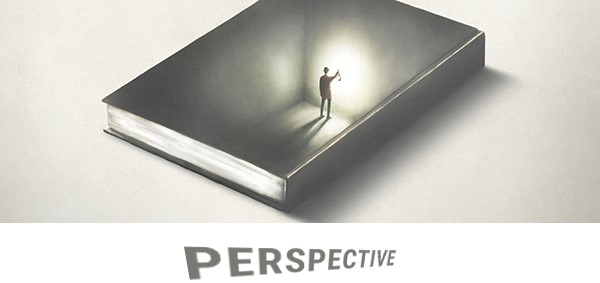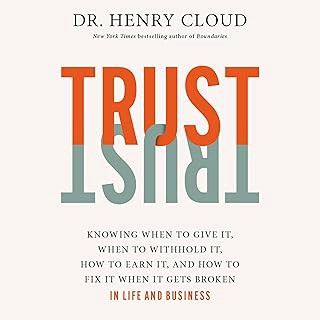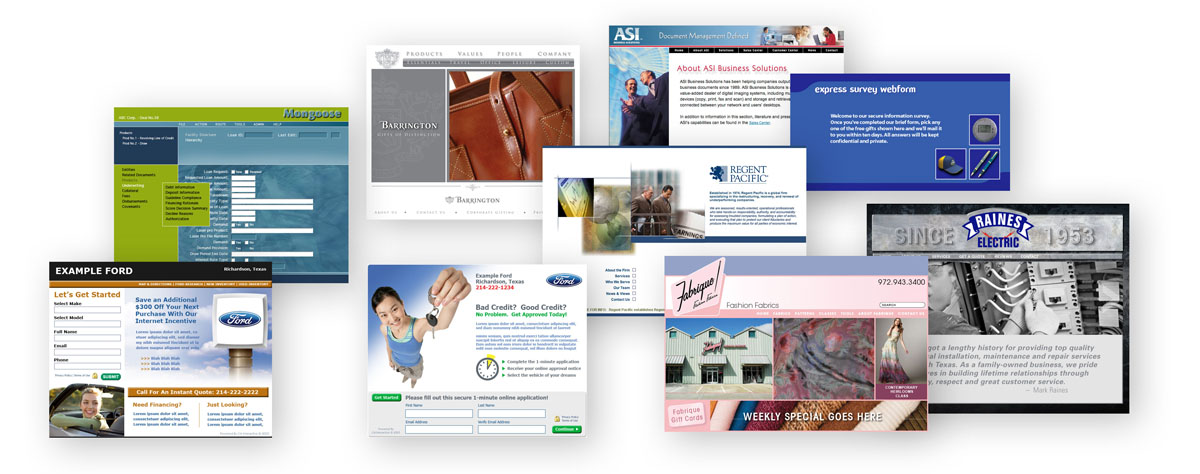Perspective

Differing interpretations of the same story.
What’s your oldest memory? How clear is it? In 1958, my family moved to a typical three-bedroom home in Garland, Texas. I still occasionally drive by that home. Prior to moving to Garland, we lived in an enormous brown brick home on a large piece of real estate in Irving, Texas.
The front of the house was oddly elevated high above the ground and could only be accessed via a massive concrete stairway. It was high enough that the floor of the front porch could not be viewed from ground level. One of my oldest memories is trying to climb those stairs in order to get a look at what my older brother was doing atop that front porch.
Additionally, my father had a workshop situated at the rear of our property, down a long gravel lane. Another of my oldest memories is sitting in my father’s lap and helping steer our 1956 Plymouth station wagon down that lane while one of my older sisters held the gate open and kept the dog from escaping.
In the interest of truth, I must admit that I was born in July of 1955, making me between two and a half and three and a half years old when we left that home in Irving. That put me somewhere in the range of thirty inches tall. As it turns out, that enormous brown brick home was a standard three-bedroom urban home built on a pier-and-beam foundation (just under three feet above ground). My father’s shop was a standard two-car detached garage and the long gravel drive was just an ordinary driveway.
I looked that old house up on Google Maps the other day and, sure enough, my memories were significantly distorted by my stunted perspective.
Evolving Perspectives
I’ve been talking with a wise friend lately who grew up in a family that attended a mainline denominational church. I too grew up in a mainline denominational church but one far different than his.
The obvious question is, “How could two churches that profess to worshiping the same God, and base their doctrines on the same Bible, be so radically different?” In comparing notes, we realized that each of our former churches were preaching a lopsided gospel with emphasis on what they were comfortable with and disbelief in a concept of God that differed from themselves. They had created God in their own image.
Needless to say, my friend and I have both moved on from those earlier, denominational herds and have consequently undergone significant revisions to our understanding of the Creator of the universe as well as our place within that universe. Speaking for myself, my perspective on both Science and Creation is still evolving daily — not because Physics or God have changed but because my understanding of my own biased interpretations is changing.
Just like my perspective of a brown brick home changed even though the home is the same today as it was 66 years ago, I’d be in serious trouble if my perspective on this closed system we inhabit didn’t change with age and experience.
Mixed Perspectives
Even though my friend and I have similarly shed some of the baggage from our childhood, we still don’t see eye-to-eye. We have divergent views on a number of things. Consequently, if truth is absolute, then one or both of us is wrong.
If you believe 1 + 1 = 2 and I believe 1 + 1 = 3, one of us is wrong. In math, it’s easy to determine which is which but if you embrace a different worldview than I do, the solution is not so easy. How do we determine who is right and who is wrong? The answer is not to embrace relativistic truth any more than we would accept that 1 + 1 = 3 so long as it makes us feel better.
Should we forsake each other’s company for the safety of individual herds that embolden our current beliefs? What if our beliefs keep evolving? What if we end up swapping sides in life’s great debate? If we assume that at least half of humanity is biased in their understanding of truth, does that not imply that you and I are each more than fifty percent likely to belong to a group lacking clarity?
Should you and I forever avoid conversations about politics, religion, and moral absolutes? Or should we not simply agree to disagree while continuing the discussion in hopes of elevating our respective levels of understanding? Should we not embrace the concept of grace that enables us to genuinely love even those with whom we disagree? Should Democrats interact, or even inter-marry with Republicans? Muslims and Christians? Woke and conservative?
Or should we all just embrace the approaching cultural holocaust and leave the rest to Darwin?
 Let’s talk. I’d really like to hear what you have to say, and it might even give me something to write about. Email me at guy@lawsoncomm.com.
Let’s talk. I’d really like to hear what you have to say, and it might even give me something to write about. Email me at guy@lawsoncomm.com.
I’ll buy you coffee and we can compare notes. I promise not to steal your ideas without permission.
![]()
 Human beings are poor examiners, subject to superstition, bias, prejudice, and a PROFOUND tendency to see what they want to see rather than what is really there.
Human beings are poor examiners, subject to superstition, bias, prejudice, and a PROFOUND tendency to see what they want to see rather than what is really there.
― M. Scott Peck

Did someone forward this newsletter to you after reading it themselves? Don’t settle for that!
CLICK HERE
to get a fresh, unused copy of this newsletter sent directly to you every Sunday morning. If you decide it stinks, you can always unsubscribe.

TRUST
— Dr. Henry Cloud
Earning it. Keeping it. Giving it. Withholding it. Trust is the heart of every real relationship. Henry Cloud illustrates those four aspects of trust that can make the difference between accepting help from an honest stranger and investing your retirement fund with a financial scam artist.
A meeting of great minds who think alike












